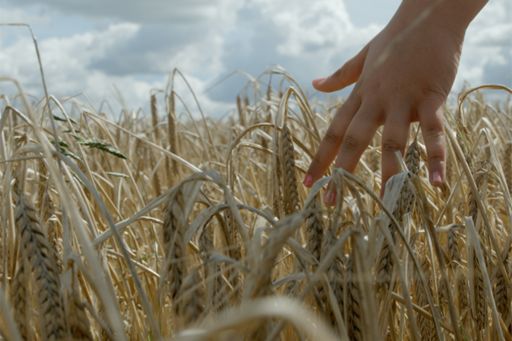Supply chain visibility becomes crucial
As of 29 June 2023, the European Deforestation-Free Products Regulation (EUDR) is in force, imposing significant obligations on companies handling specific commodities and their derivatives within the EU market or exporting them abroad. KPMG experts Fiorella Sanchez and Ward Minnaert explain what this means for businesses and how they can comply.
Forests and rainforests are the lungs of our planet, playing a crucial role in the fight against climate change. With this Regulation, Europe aims to minimize its contribution to deforestation, forest degradation, greenhouse gas emissions, and global biodiversity loss. “The Regulation has two main objectives”, explains Fiorella Sanchez, Nature and Biodiversity lead EMEA at KPMG. “Every company operating in the European market—whether EU-based or not—must prove that the commodities and derived products they trade or export to the EU are not sourced from land that was deforested after December 2020. This applies to a selection of commodities such as coffee, timber, rubber, cocoa, and palm oil, as well as related products like furniture, tires, and chocolate. Additionally, these raw materials must be harvested, and relevant products produced, in compliance with local laws. Costa Rica, for example, has specific guidelines regarding the environment, labor rights, and export standards for coffee beans”.
Tight deadlines demand a structured approach
Ward Minnaert, Manager of Global Trade & Customs at KPMG, also confirms the need for a multidisciplinary approach. “The responsibility for EUDR compliance shouldn’t fall solely on sustainability teams. Legal, IT, procurement, logistics, and customs departments all have a role to play”.
Minnaert adds that by spreading responsibility across multiple teams, the Regulation is easier to implement correctly. “The tight timeline is reminiscent of Brexit, so procrastination is simply not an option”.
Minnaert advises businesses to quickly map out their supply chain in detail. “Start by creating a comprehensive list of all the relevant products you place on the European market or export, along with the flow of goods and key stakeholders (suppliers, customers, etc.), and leave nothing out. Which products are imported, and which are produced locally? Next, check with each supplier to ensure they comply with local regulations, such as paying their workers properly. These steps can take time, so take advantage of the EUDR delay and start preparing today”.
Guidelines - 5 key factors for compliance
- Evaluate how the EUDR affects your products and supply chain.
- Establish a multidisciplinary EUDR team and develop a focused training policy.
- Communicate with suppliers to ensure they are adequately prepared.
- Leverage the experience of other companies by exchanging insights and strategies.
- Avoid delays— acting promptly is essential for your business continuity.
This article was created in collaboration with De Tijd and L'Echo.
Contact our experts
Explore
Connect with us
- Find office locations kpmg.findOfficeLocations
- kpmg.emailUs
- Social media @ KPMG kpmg.socialMedia



